
The medical field is constantly evolving, demanding innovative training methods to equip professionals with the necessary skills and knowledge. Two emerging approaches gaining significant traction are 3D printing and simulation training. Let’s delve into how these technologies are reshaping medical education and improving patient outcomes.
3D Printing in Medical Training

Imagine being able to practice complex surgical procedures on a realistic, patient-specific model before even entering the operating room. That’s the power of 3D printing in medical training. By creating anatomical models based on patient scans (like CT or MRI scans), 3D printing allows trainees to:
- Develop spatial reasoning skills: Handling and manipulating a physical model helps trainees better understand the three-dimensional relationships of anatomical structures.
- Practice surgical techniques: Realistic models provide a safe and controlled environment to practice procedures like incisions, suturing, and implant placement.
- Improve communication: 3D printed models can be used to explain complex medical conditions to patients and their families, enhancing understanding and shared decision-making.
- Reduce training costs: While the initial investment in 3D printing equipment may seem substantial, it can lead to long-term cost savings by reducing reliance on cadavers or animal models.
Furthermore, 3D printed models can be customized to simulate various pathological conditions, allowing trainees to gain experience with a wider range of clinical scenarios. This approach is particularly valuable for rare or complex cases that trainees might not encounter frequently in their clinical practice.
Simulation Training in Global Health Professions
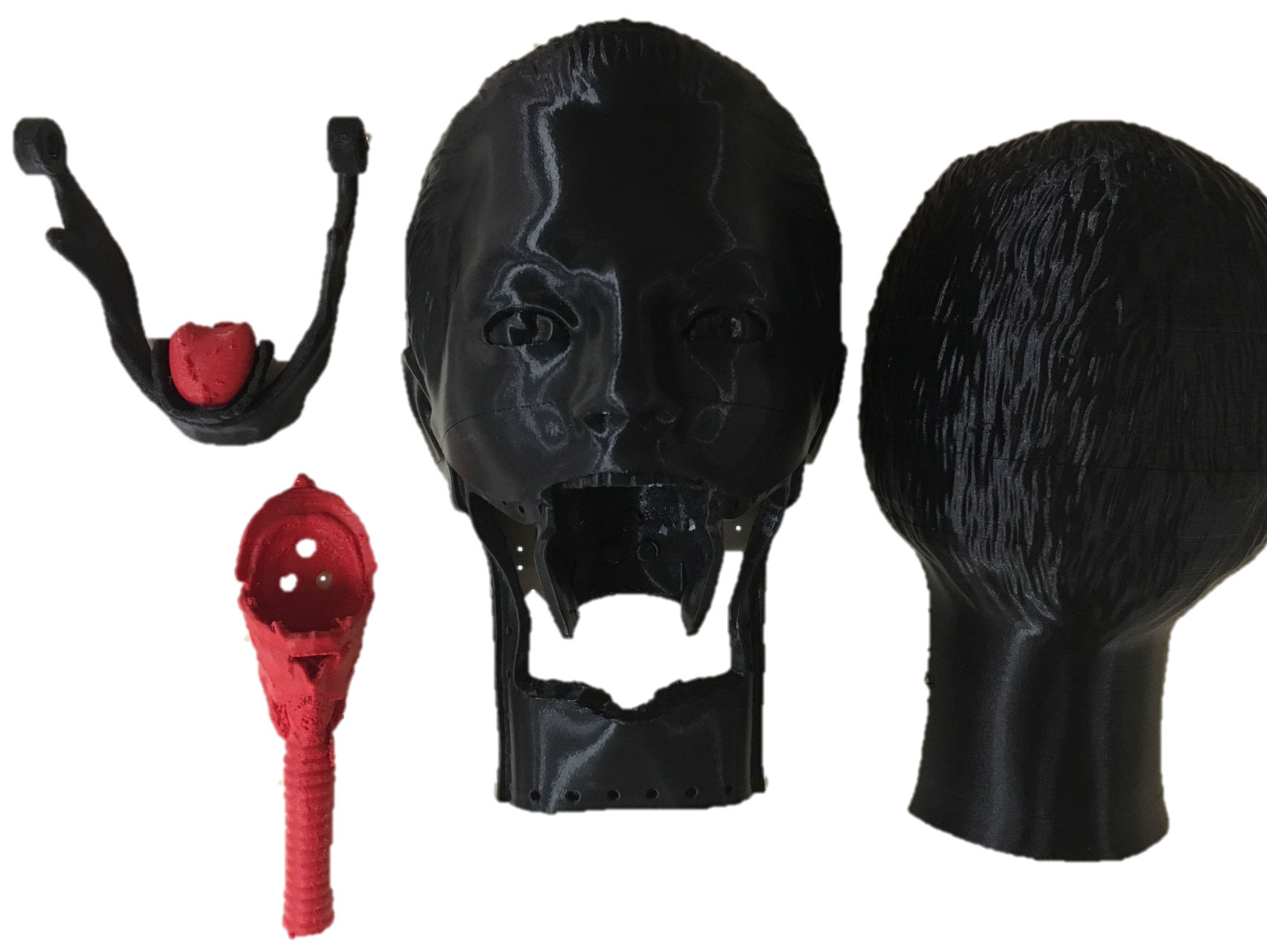
Simulation training takes medical education beyond textbooks and lectures, immersing trainees in realistic scenarios that mimic real-world clinical settings. These simulations can range from simple task trainers (e.g., IV insertion simulators) to high-fidelity mannequins that can breathe, bleed, and respond to interventions. The benefits of simulation training are numerous:
- Enhanced patient safety: Simulation allows trainees to make mistakes and learn from them in a safe environment, without putting real patients at risk.
- Improved teamwork and communication: Many simulations involve interprofessional teams, allowing trainees to practice communication, coordination, and conflict resolution skills.
- Increased confidence and competence: Repeated exposure to simulated scenarios can help trainees build confidence and develop the skills needed to handle real-world clinical challenges.
- Standardized training: Simulation provides a standardized training experience, ensuring that all trainees receive the same level of instruction and exposure to critical clinical scenarios.
Simulation training is particularly valuable in areas like emergency medicine, critical care, and obstetrics, where quick decision-making and effective teamwork are essential. It can also be used to train healthcare professionals in resource-limited settings, where access to real patients may be limited.
In conclusion, both 3D printing and simulation training are transforming medical education by providing trainees with immersive, hands-on learning experiences. As these technologies continue to evolve, they have the potential to further improve patient outcomes and enhance the quality of healthcare worldwide. By embracing these innovations, we can empower the next generation of medical professionals to provide the best possible care.
If you are looking for (PDF) USING 3D PRINTING TO OPTIMISE MEDICAL TRAINING you’ve visit to the right web. We have 10 Pics about (PDF) USING 3D PRINTING TO OPTIMISE MEDICAL TRAINING like 3D Printing in Health Care – Magnon3D, 3 Ways 3D Printing Is Revolutionizing Health Care | AHA and also 3D Printing and Nursing Care – HCI College. Here you go:
(PDF) USING 3D PRINTING TO OPTIMISE MEDICAL TRAINING

www.researchgate.net
The Role Of 3D Printing In Health – Digital Brunei

digitalbrunei.bn
Simulation Training Archives | Innovations In Global Health Professions

www.innohealthed.com
HEALTHCARE– Ultimate 3D Printing Store
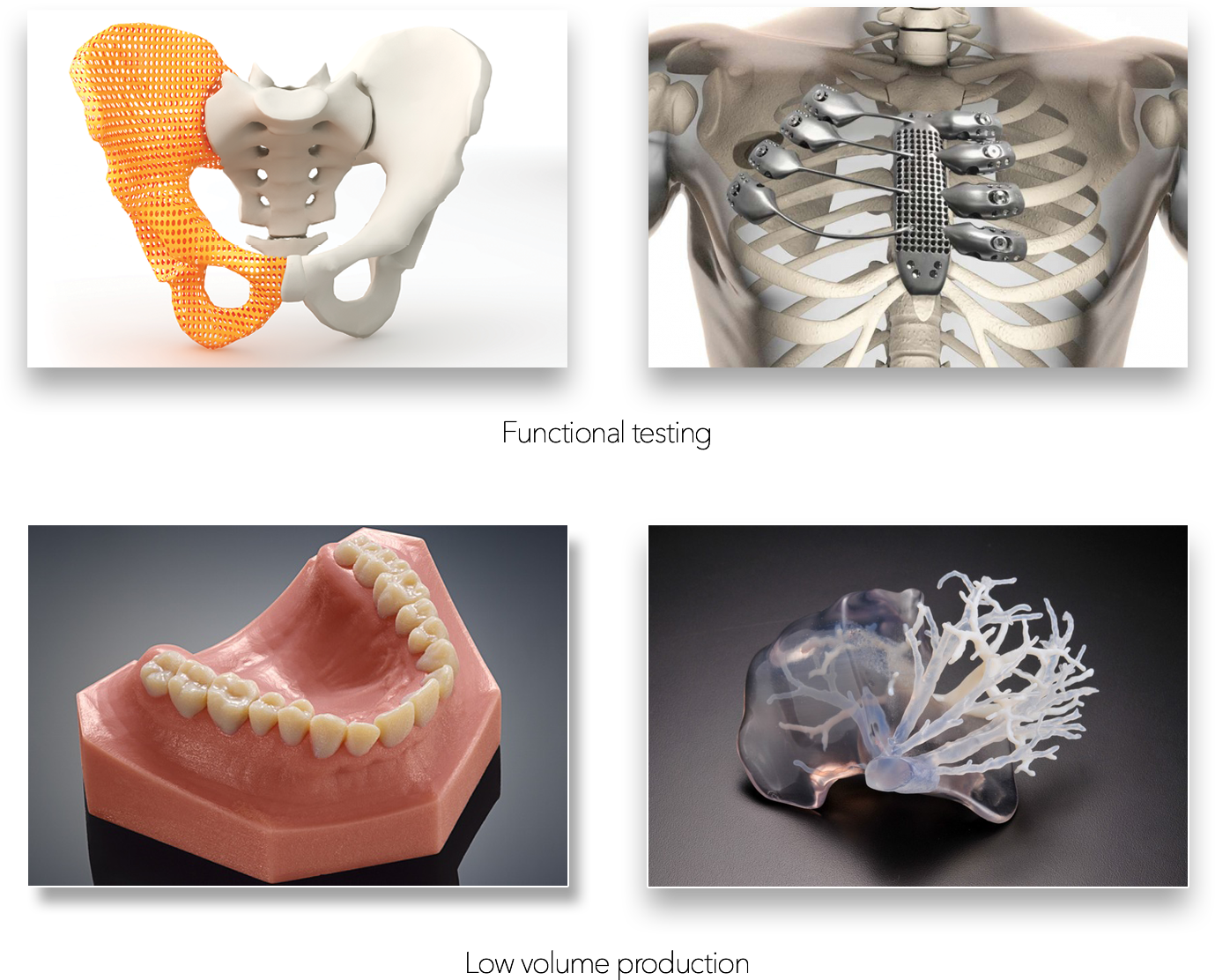
ultimate3dprintingstore.com
healthcare 3d printing applications
3D Printing In Health Care – Magnon3D

www.magnon3d.com
3 Ways 3D Printing Is Revolutionizing Health Care | AHA
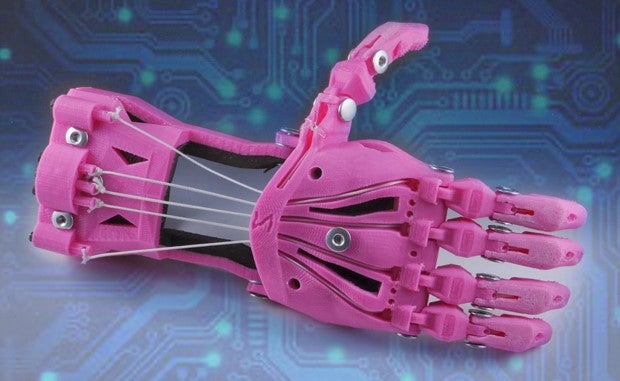
www.aha.org
Medical 3D Printing | 3DPrint.com

3dprint.com
3d printing virtual reality surgical medical bringing planning together 3dprint hologram dental few questions true
The Ongoing Saga Of 3D Printing In Healthcare | HealthTrip
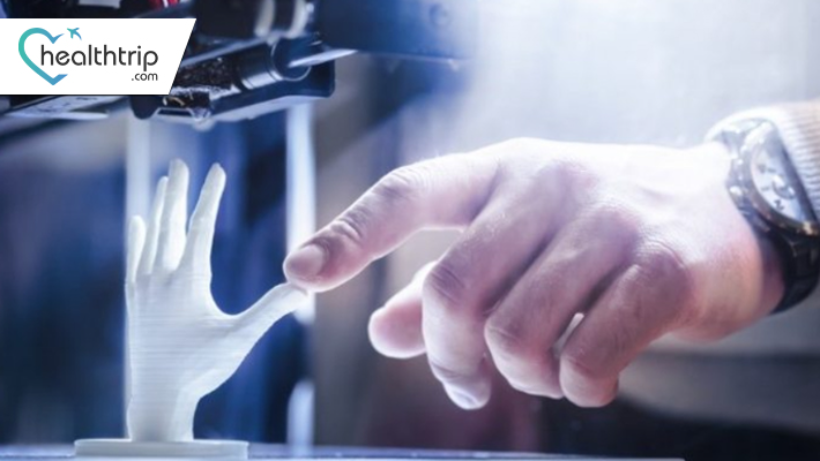
www.healthtrip.com
McMaster HealthTech – Innovation At The Intersection Of Technology And
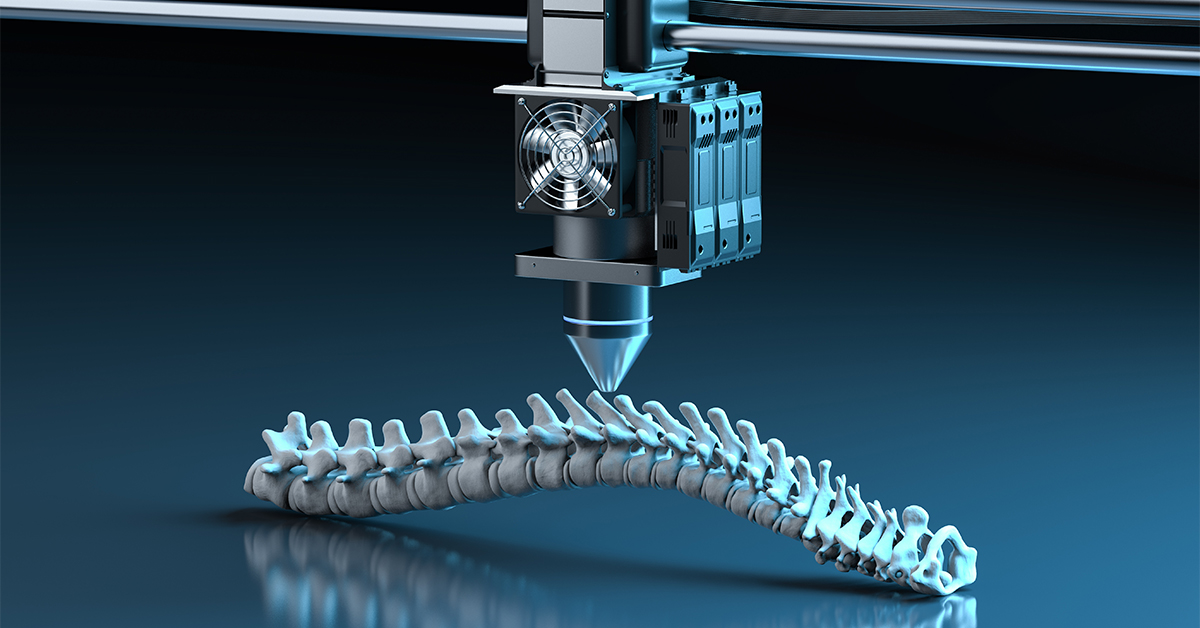
machealthtech.ca
3D Printing And Nursing Care – HCI College
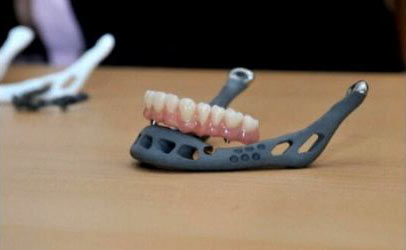
www.hci.edu
3d printing nursing care hci medical
The ongoing saga of 3d printing in healthcare. 3d printing nursing care hci medical. 3d printing in health care – magnon3d

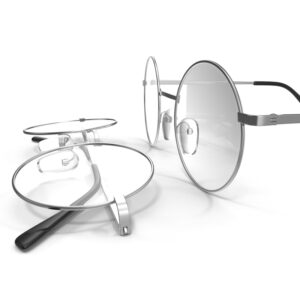
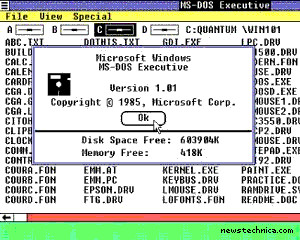

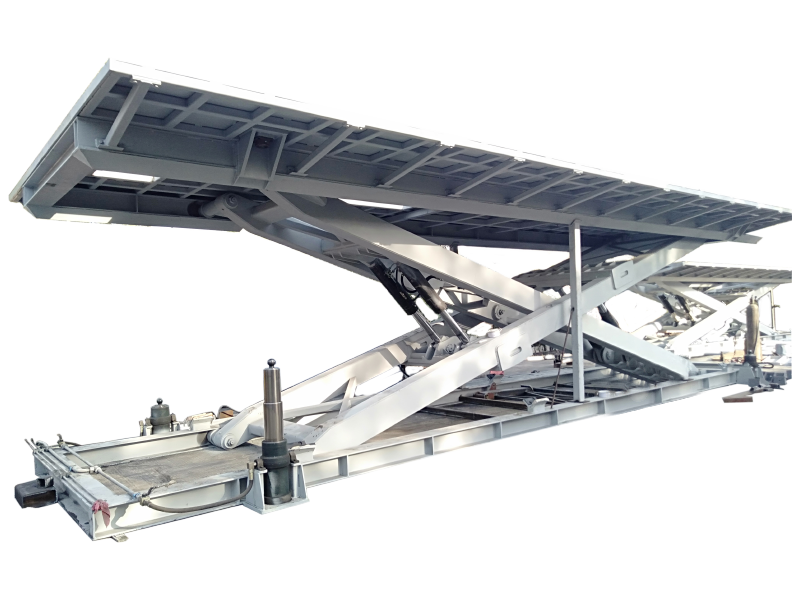


:max_bytes(150000):strip_icc()/008_how-to-factory-reset-a-lenovo-laptop-5115817-a67348722ce94f9783881ea29e596310.jpg)